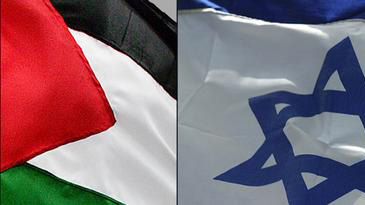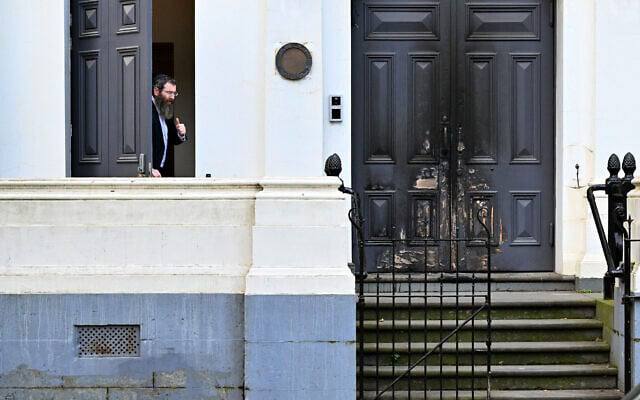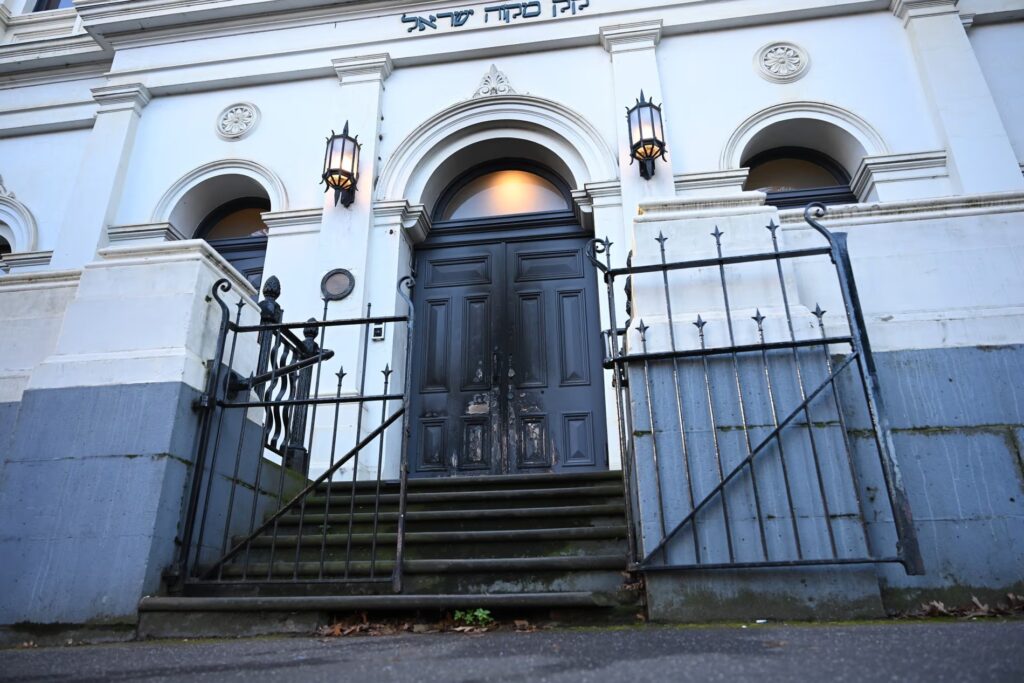IN THE MEDIA
The real obstacles to Israeli-Palestinian peace
August 23, 2013 | Sharyn Mittelman

Sharyn Mittelman
Canberra Times – 23 August 2013
A great deal has been said and misrepresented regarding Israel’s recent announcement that it plans to build settlement units. For example, Amin Saikal wrote in “Peace not on Israel’s agenda” (16/8) that it was a “deliberate” attempt to “sabotage ‘current peace talks'”.
However, such a response ignores US Secretary of State John Kerry’s statement that Israel pre-warned the US and the Palestinians that there would be some building announced during the talks. As Kerry stated, “Prime Minister Netanyahu was completely upfront with me and with President Abbas that he would be announcing some additional building that would take place in places that will not affect the peace map, that will not have any impact on the capacity to have a peace agreement.”
And just as Kerry said, the housing units announced are to be built only in places that are widely expected to form part of Israel in the future negotiated deal that includes ‘land swaps’. Note that even the Arab League endorsed ‘land swaps’ in its May statement.
While Saikal and others point to this announcement and claim Israel is not interested in peace, perhaps they should ask themselves, why would Israel agree to release 104 Palestinians prisoners – many convicted of murder and kidnapping – in order to gain the Palestinian Authority’s agreement to return to peace talks? Why would Netanyahu risk the political backlash that came from this unpopular decision if there was not a genuine desire for peace? And why would Israel have agreed three times previously under Prime Ministers Barak and Olmert to offer the Palestinians a state on nearly all of the West Bank, Gaza Strip and Arab neighbourhoods of east Jerusalem, if it did not want peace?
Israel has repeatedly shown a willingness to trade territory for the sake of peace. The evidence is in the peace treaties Israel made with Egypt and Jordan as well as Israel’s unilateral withdrawals from the Gaza Strip and southern Lebanon.
For years, Israeli leaders have prepared the public for the ‘painful concessions’ that must be made. Netanyahu recently said that peace talks are “an essential strategic interest for Israel”, and that his objective is “preventing the creation of a bi-national state between the Jordan River and the sea, which will endanger the future of the Jewish State”.
Perhaps commentators should also ask themselves – has the Palestinian leadership prepared its people for the concessions that must be made? According to polls, a majority of Palestinians and Israelis support a two-state outcome. But if Palestinian Authority (PA) President Abbas wants his people to support such an outcome that recognises the self-determination of Jews and Palestinians, he must prepare his people for the reality that Israel cannot absorb millions of Palestinian refugees and their descendants. While Israel will certainly need to agree to a just resolution of the Palestinian refugee issue – similar to previous offers by Prime Ministers Barak and Olmert involving financial compensation and the return of a small number of refugees – there cannot be an unlimited ‘right’ of return, as this would guarantee the demise of the Jewish state.
Meanwhile, Palestinian incitement continues to be a significant problem. This was recently on display when the first 26 Palestinian prisoners released – all of whom were convicted of murder or involved in murder, mostly of civilians – received a heroes’ welcome when they returned.
One may also ask, can there be peace when Palestinian children are still educated to hate Jews and not recognise Israel’s existence? For example, a media watchdog reported in July that Palestinian Authority TV broadcast a child reading a poem that denigrated Jews – comparing them to monkeys and swine. The poem was translated as stating: “Oh, you who murdered Allah’s pious prophets, Oh, you who were brought up on spilling blood, You have been condemned to humiliation and hardship. Oh Sons of Zion, oh most evil among creations, Oh barbaric monkeys, wretched pigs.”
Yet perhaps the single biggest obstacle to peace is Hamas rule in Gaza, controlling a large share of any future Palestinian state. Hamas has rejected peace talks, continues to reject Israel’s right to exist, and has repeatedly fired rockets at Israel or facilitated other groups doing so. It remains to be seen if the PA will be able to successfully claim a mandate to enter into a peace deal on behalf of all Palestinians – including those in the Gaza Strip and the diaspora – especially in light of the fact that both parliamentary and presidential elections are now several years overdue.
The obstacles impeding a final status peace agreement are formidable. However, the decision of Israel and the PA to agree to talks after years of stalemate is a welcome development that must be encouraged and supported, despite understandable reservations.
While a final status deal that ends the conflict is the ultimate goal, if it becomes clear this is out of reach, it is important not to allow the progress made during the current round of talks to be squandered. In such an event, there should be a push to accept, at the very least, interim arrangements that would bring the dream of an independent Palestinian state and a lasting peace with a secure Israel substantially closer to being a reality.
Sharyn Mittelman is a senior policy analyst at the Australia/Israel & Jewish Affairs Council
Tags: Israel





